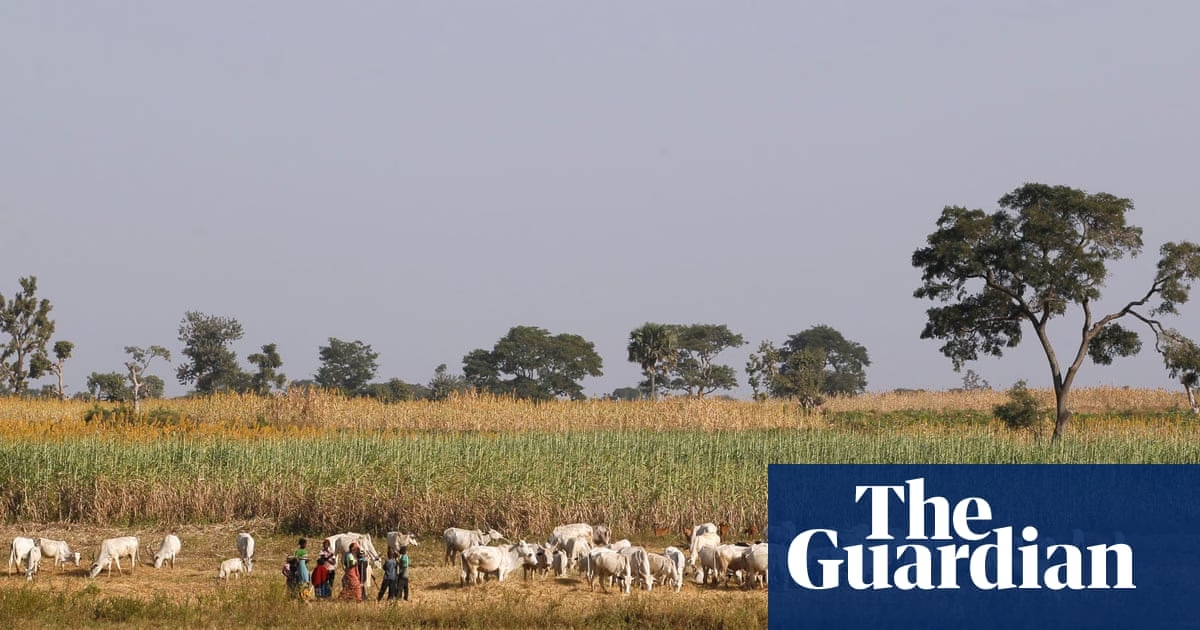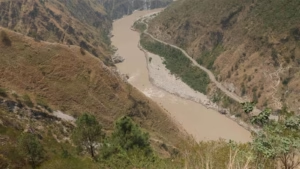Forty-two individuals have lost their lives in four communities in central Nigeria, attributed to the actions of nomadic herders. This recent violent incident has significantly disrupted the lives of those residing in the rural region. According to Reuters, a local official named Victor Omnin, who serves as the chair of the Gwer West local government area in Benue state, reported that ten people were killed in a Saturday attack on the villages of Tyolaha and Tse-Ubiam. The following day, another 32 individuals were killed in an attack in the nearby villages of Ahume and Aondona.
“It’s a deplorable situation,” Omnin commented to the press on Tuesday. “We are still in the process of recovering bodies.”
Moreover, it has been reported by Reuters that a Catholic priest was shot by the attackers, and the office of Benue’s Governor, Hyacinth Iormem Alia, confirmed that he was wounded but is in a condition that is critical yet stable.
Brutality marked these attacks, with one local resident recounting to Daily Trust that women and children as young as two years old were killed.
Central and north-western regions of Nigeria have been plagued by waves of violent confrontations stemming from clashes between the itinerant Fulani herders and the indigenous farming communities. These conflicts arise as cattle, often left to graze freely, stray onto farmlands.
In some cases, farmers have accused the herders of initiating the violence, leading to the formation of vigilante groups and militias that retaliate against the herders. While analysts point to the climate crisis and population growth as driving forces behind the conflict, as pastoral lands diminish, violence is also attributed to land-grabbing and ethnic cleansing by the villagers.
The Nextier’s Nigeria Violent Conflicts Database has documented at least 2,347 fatalities in 359 incidents involving farmers and herders across Nigeria between 2020 and 2024. However, many believe these numbers are underreported as many incidents and deaths go unrecorded.
The conflict is prevalent in central Nigeria, referred to as the middle belt, where it carries religious undertones as the herders are predominantly Muslim, and the farmers, Christian. In April, a violent incident during the Easter period in Benue state resulted in the deaths of 56 people attributed to herders.
Agricultural productivity has been severely affected by the ongoing conflict in Benue, a state renowned as the “Food Basket of the Nation” for its significant production of Nigeria’s key food crops, such as yams, maize, and soybeans.
In 2017, Benue state’s government passed legislation prohibiting open grazing and establishing ranches; however, this has yet to be fully implemented according to some residents of the state.
Asema Achado, a federal lawmaker, called for the enforcement of the anti-open grazing law in Benue. She emphasized that the farmers, who form the backbone of the economy, should not live in constant fear.
Source: https://www.theguardian.com/world/2025/may/27/nigeria-attacks-benue








